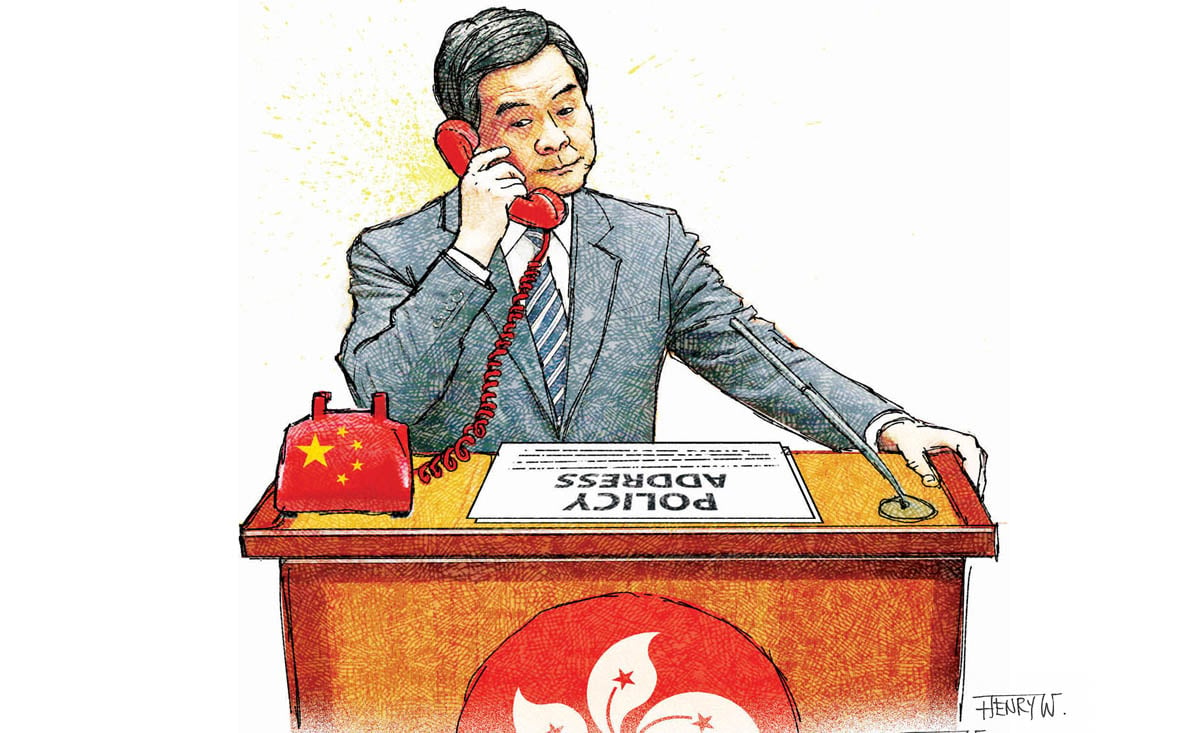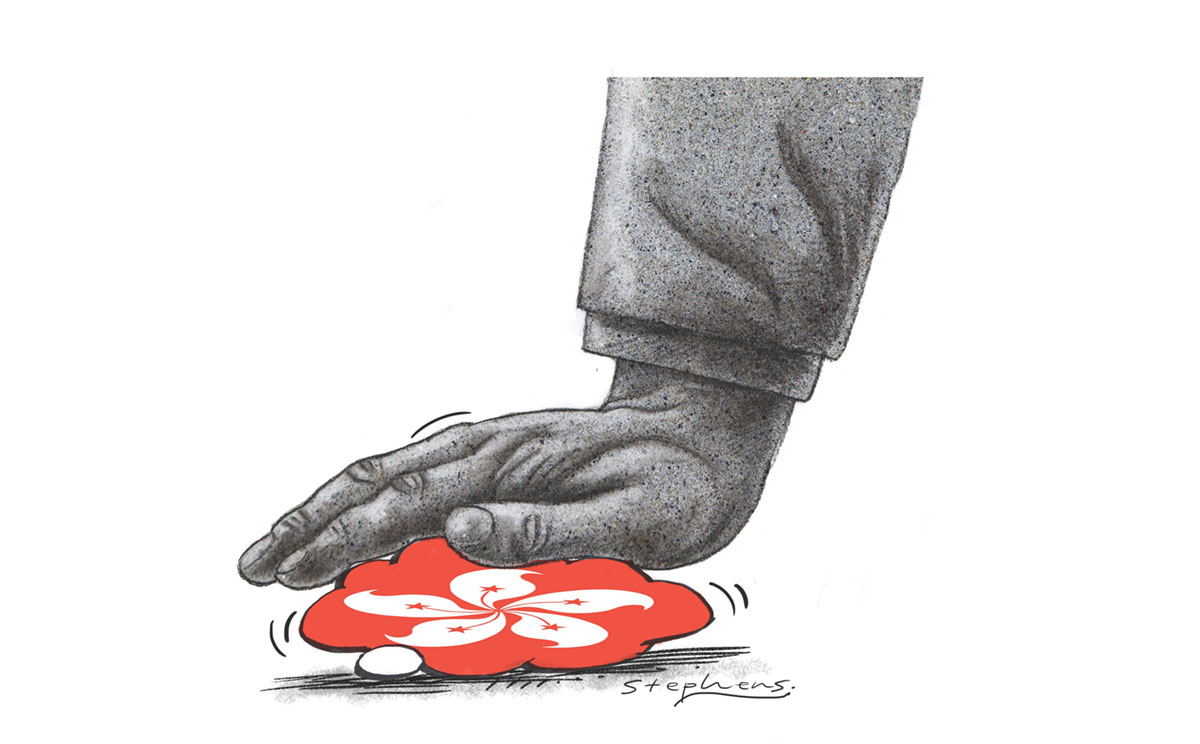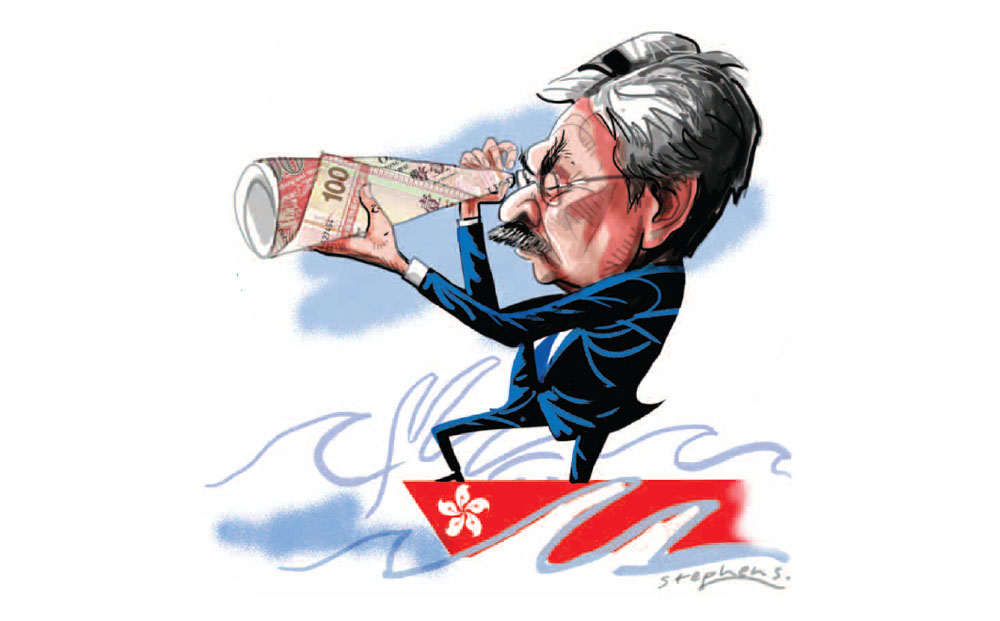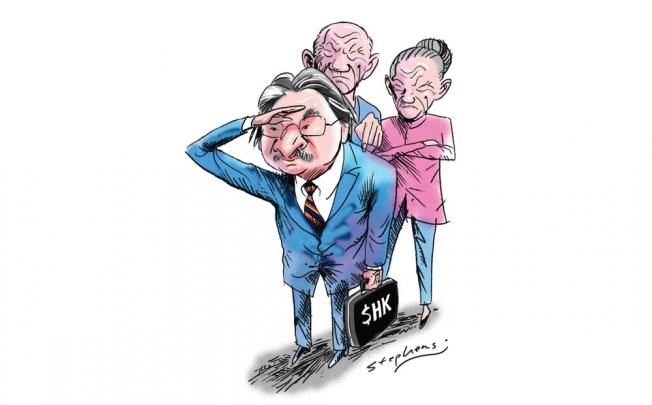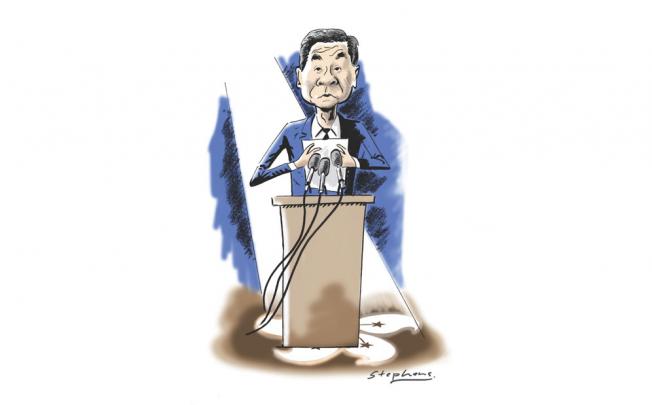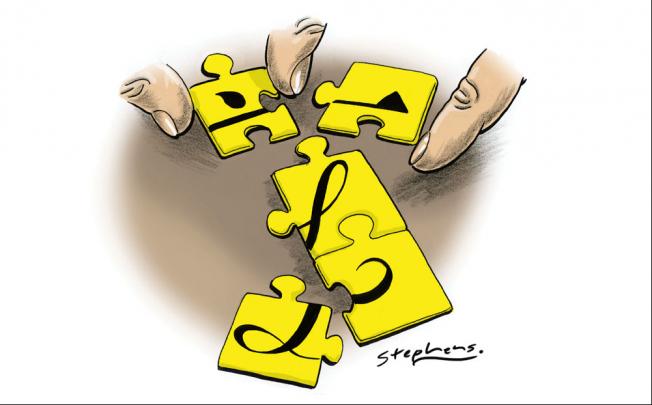Both the Beijing and Hong Kong authorities have had more than a year to consider how best to deal with Occupy Central, whose launch became only a matter of time after the NPC Standing Committee set limits on the nominating process for the 2017 chief executive election.
Han Han, the post-80s bestselling mainland writer, once said: "There are two kinds of logic in the world: one is logic, the other is China's logic."
It is true that during the consultation period, the public focused on the method for electing the chief executive and did not have much to say regarding the 2016 Legco election.
The government's proposal of a higher retirement age for newly hired civil servants and more flexible post-retirement opportunities for those already serving have far-reaching implications across society.
It would be an understatement to say that Financial Secretary John Tsang Chun-wah's coming budget is unlikely to be popular. He has already given ample hints that the one-off relief measures given year after year will be withdrawn or substantially reduced.
Chief Secretary Carrie Lam Cheng Yuet-ngor successfully launched the public consultation on the arrangements for electing the chief executive in 2017 and forming the Legislative Council in 2016. This was no easy feat, given the politically charged background of calls for the public nomination of chief executive candidates, as well as the threat of Occupy Central if arrangements for electing the chief executive do not meet international standards of universal suffrage.
In carrying out the chief executive's vision, Tsang has done his duty, but only just. Enough resources will be allocated to Leung's projects, such as the new Old Age Living Allowance. But Tsang did not seem to share Leung's enthusiasm in certain areas.

